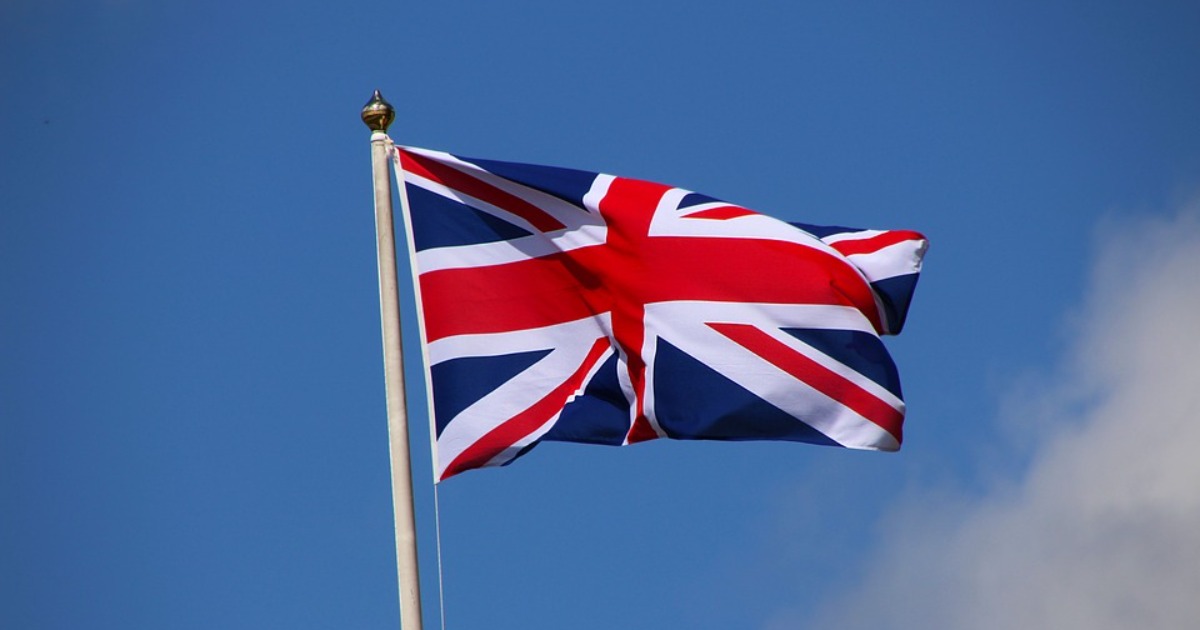UK Media and Brexit: A Responsibility Not to Misinform?
Press freedom is vital for democracy. But as the UK has proven, mass media also have the responsibility to be truthful.
October 26, 2016

Information makes the world go round. It is what we base our decisions on. Even in the modern world – where a wealth of information on every conceivable topic or issue is available literally at our fingertips – we generally rely on a very limited number of sources.
This means that these limited sources have a great deal of power – and with power comes responsibility. Many news organizations wield this power responsibly. However, there are also many that do not.
While the ethical standards of the media and its power to influence public opinion is a global issue, a particularly scandalous example of the misuse of that power was the “reporting” by some elements of the British press leading up to – and now after – the Brexit referendum.
Freedom of the press is one of the values that the West can truly be proud of. Just because a newspaper takes a different stance to one’s own does not mean one can label it as low quality, biased or of questionable morality.
Opinions differ, and the plurality of opinion is what makes up a debate. Is the EU perfect? No. Are there EU-critical articles that adhere to standards of professional journalism and make valid points? Of course.
News as a business
It must also be said that news is a business, a business which, in this case, relies on readers. As readers, we often – and quite naturally – choose to read what supports and reaffirms our own views and beliefs.
If one were an ardent vegetarian, for example, one would be disinclined to read “Meat Lover” magazine.
News corporations therefore tailor and market their coverage to their target reader demographic. There is also an institutionalized tendency to embellish and dramatize their content to attract attention in order to increase sales of their product. Again, this is a minor sin.
A duty to be truthful?
They should, however, have a duty that their reporting reflects at least some semblance of professionalism, even if their articles are chosen and coloured by their political affiliation and the need to pander to their target demographic.
However, newspapers such as The Daily Mail, The Daily Telegraph and The Daily Express, tried feverishly to push an anti-EU agenda with such venom-laced lines and in such a shameless and transparent manner that it sometimes verged on insulting.
These are not small fringe publications run by conspiracy nuts rambling on about the imminent start of World War Three, interlaced with ads for water purifiers and gun safes, but established well-funded mainstream media.
But more than insulting it was, frankly, dangerous. The belligerent and almost fanatical tone, never mind the content – often bereft of truth or substance – was frightening.
Blatant manipulation
Twisting facts, cooking up figures, using misleading headlines and connecting unrelated issues, no matter how loose – or non-existent – the connection, verged, at best, on one-sidedness and, at worst, on inciting hatred.
Some articles were so extraordinarily misleading that they might have been amusing had they not been so shocking. Calling it propaganda would be an insult to propaganda.
This was no longer news or opinion but toxic manipulation, if not promoting, at least validating, xenophobia, which almost seemed like it was trying to inspire people to violence.
These news outlets took the exaggerations and lies of the Vote Leave campaign to new heights – or better said depths.
This is not only referring to lies like the 350 million Pounds Sterling per week going to the EU which instead would go to the UK National Health Service.
It also applies to the carefully painted, warped image of the EU that would lead a reader to conclude it was the Third Reich in all but name, hell-bent on Britain’s destruction.
Unprofessional “professionals”
What makes the issue worse is that writers and editors at these newspapers often are intelligent, educated people and must know perfectly well what they are doing. But their cynicism in the interest of self-advancement seems to know no boundaries.
Running a publication requires a high degree of knowledge of vocabulary and grammar, history, political structures, knowledge of technology, editing, proofreading, fact checking and research – in short, requires capable and highly educated staff.
That these publications could be used as a stage for broadcasting prejudices, disguising them as “news” or “political commentary” and cynically fuelling people’s legitimate fears and grievances to further their own interests, is deeply unsettling.
Equally unsettling – or perhaps more so – is that they evidently got away with it, as biased and inaccurate reporting by some is continuing four months after the Brexit vote.
Media and society
The issue is not merely the press’s quality of reporting – or rather lack thereof – but the wider matter of the role of the media in forming public opinion. The written word is powerful, and those who wield it should consider its effect.
Of course, news organizations have their own sources of funding and political affiliations, and hence are stakeholders in political outcomes with their own agendas. But that should not impinge on their primary responsibility which is to inform the public.
That is not to suggest for one moment that the press should be controlled, or constrained in any shape, way or form. It should be independent, unimpeded and free to report whatever it wishes.
It should not shirk from reporting, or publishing, divisive and controversial subjects as this is vital for democracy.
The media plays an important role in our society. It can affect economics, culture, race relations, topple governments and even drum up support for war – a fact recognized by Joseph Goebbels.
It is no coincidence that one of the priorities of any respectable, or rather unrespectable, dictator is to control the print media as this affords great power.
Press has a social responsibility
It is unrealistic and unnecessary to demand that the press is fully impartial all the time, as its readers are, after all, adults who can practice critical thinking and make up their own minds.
But there is a great deal of middle ground between unassailable impartiality and propagandistic fabrications. Offering competing political views based on common facts is a healthy model.
The press must remain aware of its social responsibility and have the obligation to report the truth – at least to the best of its knowledge at the time of publication. Otherwise, it is not news, but fiction, and selling it as news is nothing short of fraud.
Takeaways
Newspapers like The Daily Mail tried feverishly to push an anti-EU agenda in a shameless manner.
The belligerent and almost fanatical tone of the Brexit coverage by the British media was frightening.
The British media painted the EU's image like it was the Third Reich hell-bent on Britain’s destruction.
Media cannot be impartial all the time. But there is a middle ground between impartiality and propaganda.
